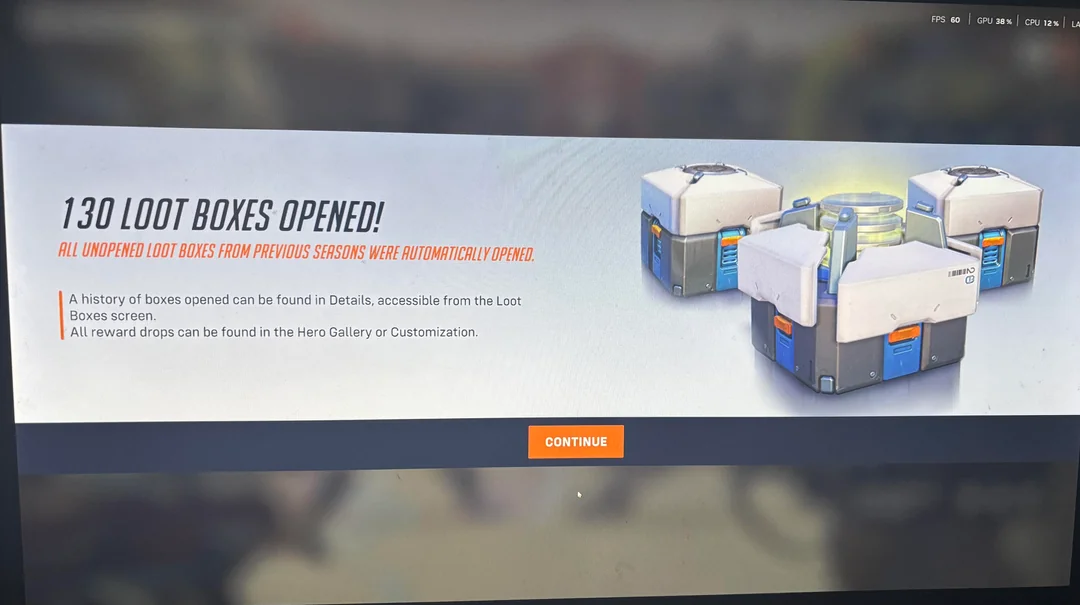
Are Loot Boxes Finally on the Way Out?
Sun May 11 2025
The debate around loot boxes has raged on for years. What began as a simple way for developers to monetize their games post-launch quickly spiraled into one of the most contentious features in modern gaming. But as we progress into 2025, we're starting to see a real shift in both player sentiment and legislative momentum. Are loot boxes finally dying? Let's take a closer look.
The Origins of the Controversy
Loot boxes, for the uninitiated, are virtual containers that offer randomized in-game items. Players can earn them through gameplay or, more commonly, purchase them with real money. The issue lies in the randomness—purchasing a loot box does not guarantee valuable content. This system, critics argue, preys on impulsive behaviors and closely resembles gambling.
Games like Overwatch, FIFA, and Star Wars Battlefront II brought the issue into mainstream attention. When Battlefront II launched in 2017, it was immediately lambasted for locking iconic characters like Darth Vader behind paywalls and grind-heavy mechanics. The backlash was so intense that EA was forced to backpedal, and it became a watershed moment for the entire industry.
Legal Pressure from Around the Globe
Fast forward to today, and governments have taken a more aggressive stance. Belgium and the Netherlands have banned loot boxes entirely in games that use real money. Other countries, including the UK and Australia, have considered reclassifying them as a form of gambling. The FTC in the United States has also increased its scrutiny, and just last year, a coalition of lawmakers introduced legislation that would ban loot boxes in games marketed to minors.
These efforts aren't just symbolic. In April 2025, Japan's Consumer Affairs Agency announced new guidelines requiring full disclosure of loot box odds in all online games. South Korea has gone a step further, fining several developers for failing to comply with transparency laws. This kind of international legislative alignment is creating a hostile environment for loot box mechanics to continue unchecked.
Shifting Industry Practices
Interestingly, developers are responding. Major publishers like Ubisoft, Activision Blizzard, and Sony have started phasing out loot boxes in favor of battle passes and direct-purchase cosmetics. While not perfect, these systems at least offer clarity and value to consumers.
Electronic Arts, once one of the biggest defenders of loot boxes, has drastically reduced their presence in recent titles. In EA Sports FC 25, the once-infamous Ultimate Team packs now include guaranteed item tiers, and players can see potential rewards before buying. Transparency and choice have become the new keywords.
Consumer Pushback
Gamers are not just passive observers in this trend—they’re driving it. Online communities like Reddit and Discord have become hotbeds of loot box criticism. Streamers and influencers regularly call out manipulative monetization practices, and review aggregators like Metacritic now feature monetization ratings alongside user scores.
Titles that push aggressive monetization schemes are increasingly being labeled as "pay-to-win" and receive swift backlash. In contrast, games that offer fair and transparent monetization models—like Helldivers 2 or Palworld—are praised and rewarded with strong player loyalty.

Alternatives Gaining Traction
Instead of loot boxes, the industry is exploring more sustainable revenue streams. The battle pass model, popularized by Fortnite, offers progression-based rewards that are clearly outlined. Players know exactly what they’re working toward, removing the element of chance.
Cosmetic stores, where players can purchase skins or gear directly, have also proven successful. While prices can be high, players appreciate the straightforwardness. Additionally, some studios are experimenting with crowdfunded seasonal content, where players fund expansions or events in exchange for early access or exclusive cosmetics.
The Road Ahead
Is this the end of loot boxes entirely? Not necessarily. Some mobile games and international markets still rely on gacha-style mechanics, which function similarly. However, the trend is clear: loot boxes are no longer the default model for monetizing games.
If you're curious about how these changes are affecting other monetization systems, you might also be interested in our article on Sony's Cloud Strategy. And if you're a fan of games moving away from predatory monetization, check out our in-depth coverage of Black Desert Online's evolving economy in this feature.
As long as players keep voicing their concerns, and regulators remain vigilant, the days of loot boxes as we once knew them may finally be numbered.
GameSoles will continue tracking the impact of legislation and player-driven reform on game monetization. Stay tuned for future updates and breakdowns from across the industry.